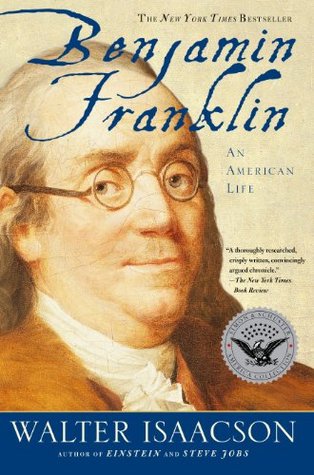Although divine revelation “had no weight with me,” he decided that religious practices were beneficial because they encouraged good behavior and a moral society. So he began to embrace a morally fortified brand of deism that held God was best served by doing good works and helping other people. It was a philosophy that led him to renounce much of the doctrine of the Puritans and other Calvinists, who preached that salvation came through God’s grace alone and could not be earned by doing good deeds.
Welcome back. Just a moment while we sign you in to your Goodreads account.


